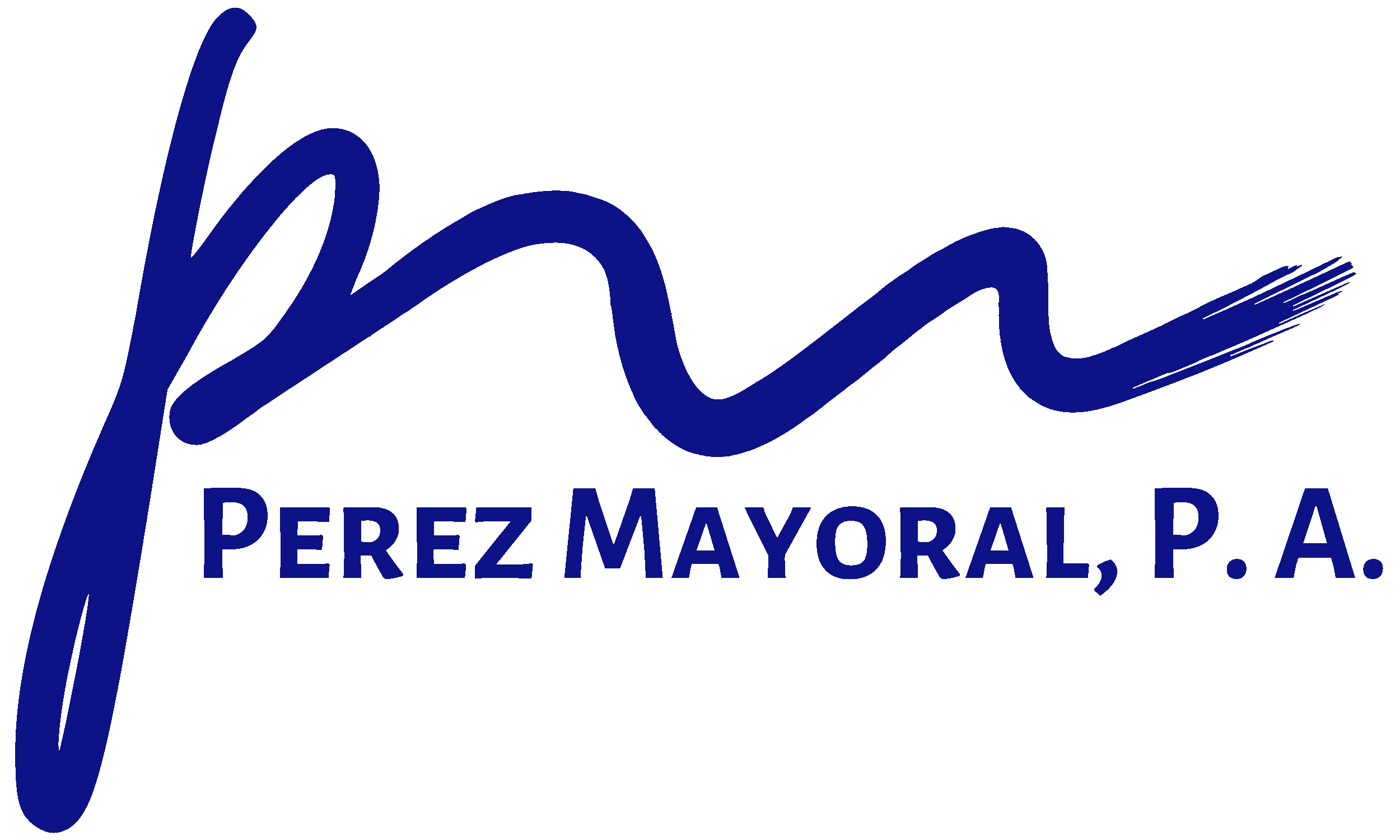If you live in a condominium in Florida, you may have heard of the Florida Condominium Act. This comprehensive legal framework governs the ownership, operation, and management of condominiums and HOAs in the Sunshine State.
It’s a pivotal piece of legislation delineating the rights and responsibilities of unit owners, condominium associations, and condo developers. The intention is to ensure an organized approach to condo living. The provisions of the Act include many aspects of the condo association’s financial management, governance of the HOAs, leaseholder, and unit owner rights, and the required maintenance and insurance of the property.
For anyone involved in a Florida condominium, this Act is an essential piece of legislation that ensures safety and comfort in their home. But what happens if someone violates this Act or otherwise infringes on your rights as provided by these regulations? This is when you need the help of a skilled Florida Condominium Act lawyer from Perez Mayoral, P.A. We’re ready to protect your rights and your property—call us today to get started.
Table Of Contents
- How Can a Florida Condominium Act Lawyer Help Me?
- Some aspects of the Act you should be aware of include:
- How Can We Help With Your Condominium Dispute?
- Florida’s Condominium Act FAQs For Condo Owners
- Tips For Resolving Disputes With Florida Condo Boards
- Balcony And Outdoor Space Regulations For Condos
The Act is complex and detailed, so applying it to your situation requires a deft touch. Consulting with an experienced real estate attorney, one familiar with the stipulations and requirements of the Act, can provide the support, guidance, and legal insight necessary to ensure compliance with the law. It’s our job to safeguard your interests and ensure a harmonious environment in your condo building.
The Florida Condominium Act regulates condo living with certain key objectives that could affect your day-to-day life, safety in your unit, and your rights as an owner or leaseholder. It also provides certain rights and obligations for condo building owners and developers.
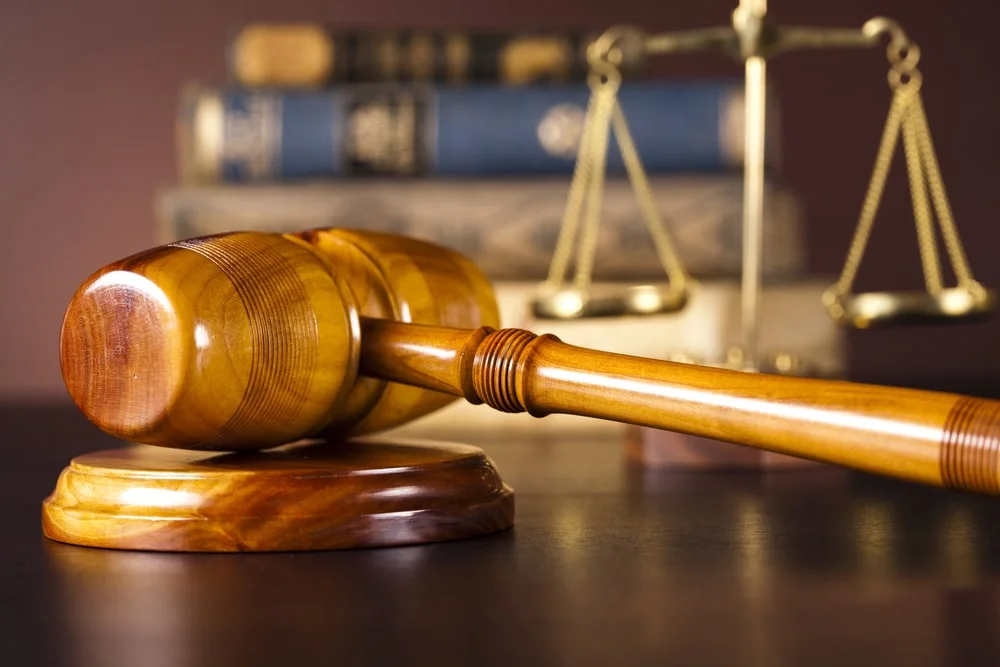
- Oversight and Regulation: The Act establishes the legal framework for creating, operating, and managing condominium properties.
- Protection of All Parties: Specific rights and interests are assigned to condo units and building owners, condo associations, and property developers, stating fair practices and equitable treatment.
- Financial Transparency: Condominium associations must maintain financial transparency. The law sets forth detailed reporting and budgeting obligations.
- Dispute Resolution: Disputes occur from time to time. The Act provides avenues for dispute resolution between residents or disputes between unit owners and HOAs.
Our job is to help ensure that your rights are protected in accordance with this law. If you’re struggling with dispute resolution regarding your HOA or other unit owners, or if you’re concerned about your legal options for resolving the issue, call us. We can explain your options and rights under the law.

Do you need help asserting your rights under the Florida Condominium Act? We’re here to support your interests. An experienced Florida Condominium Act lawyer from Perez Mayoral, P.A., listens to your needs and develops personalized strategies to meet them. Our in-depth knowledge of the Act and Florida real estate law gives us a unique insight into your situation. Contact us today to get started.

Florida Condominium Act Infographic
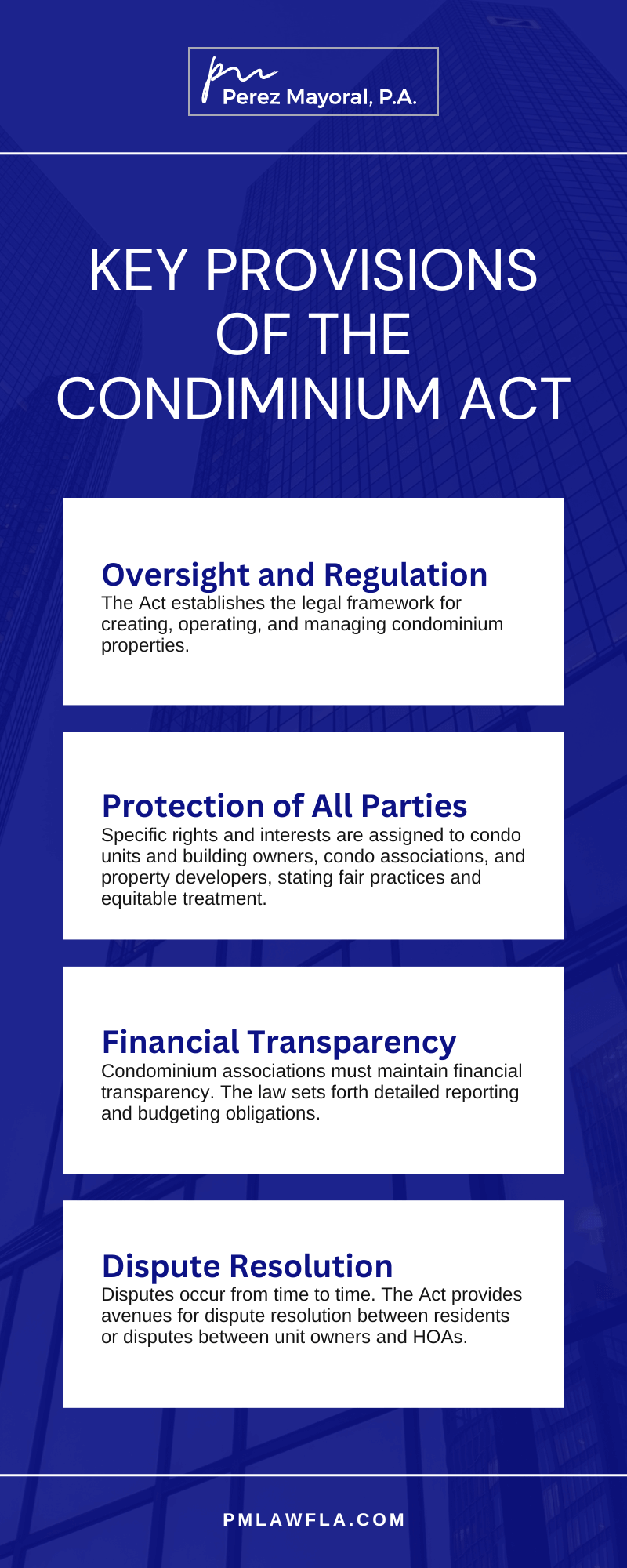
Florida Condominium Act Statistics
According to the most recent published data, there are approximately 50,000 HOAs in the state of Florida. These organizations are covered under the Florida Condominium Act. While these organizations have some benefits, condo owners often experience significant negative impacts.
If you are considering purchasing property associated with an HOA, call our office to ensure you are fully aware of all the rules and regulations required by that HOA. If you are having issues with an HOA of a property you have already purchased, we can help with that, too!
Our Florida Condominium Act lawyer knows that navigating the intricacies of the Florida Condominium Act can be challenging for both new and seasoned condominium owners. At Perez Mayoral, P.A., we frequently address various questions to help our clients understand their rights and responsibilities under this law. Attorney Maria Agudelo takes an empathetic approach with her clients and builds a solid foundation of trust while moving forward with each legal matter.
How Does The Florida Condominium Act Affect Condominium Associations?
The Florida Condominium Act establishes the framework for the formation, management, and operation of condominium associations. It outlines the responsibilities of the association, including maintenance of common areas, budgeting, and enforcing rules and regulations. The Act also mandates that associations maintain transparency by providing access to records and holding regular meetings. Understanding these provisions helps ensure that your association operates smoothly and in compliance with state law.

What Are The Rights Of Condominium Owners Under The Florida Condominium Act?
As our Florida Condominium Act lawyer can tell you, condominium owners have several rights under the Florida Condominium Act, including the right to access association records, attend meetings, and participate in elections. Owners are also entitled to the quiet enjoyment of their units and protection against unfair assessment increases. If you feel your rights are being violated, consulting with one of our knowledgeable attorneys can help you address these issues effectively.
What Should I Do If My Condominium Association Is Not Complying With The Florida Condominium Act?
If your condominium association is not adhering to the Florida Condominium Act, it is crucial to take action. Start by documenting the non-compliance issues and addressing your concerns with the association in writing. If the association fails to respond or rectify the situation, seeking legal advice can be beneficial. We can guide you through the appropriate steps, including mediation or legal action if necessary, to ensure your rights are protected.
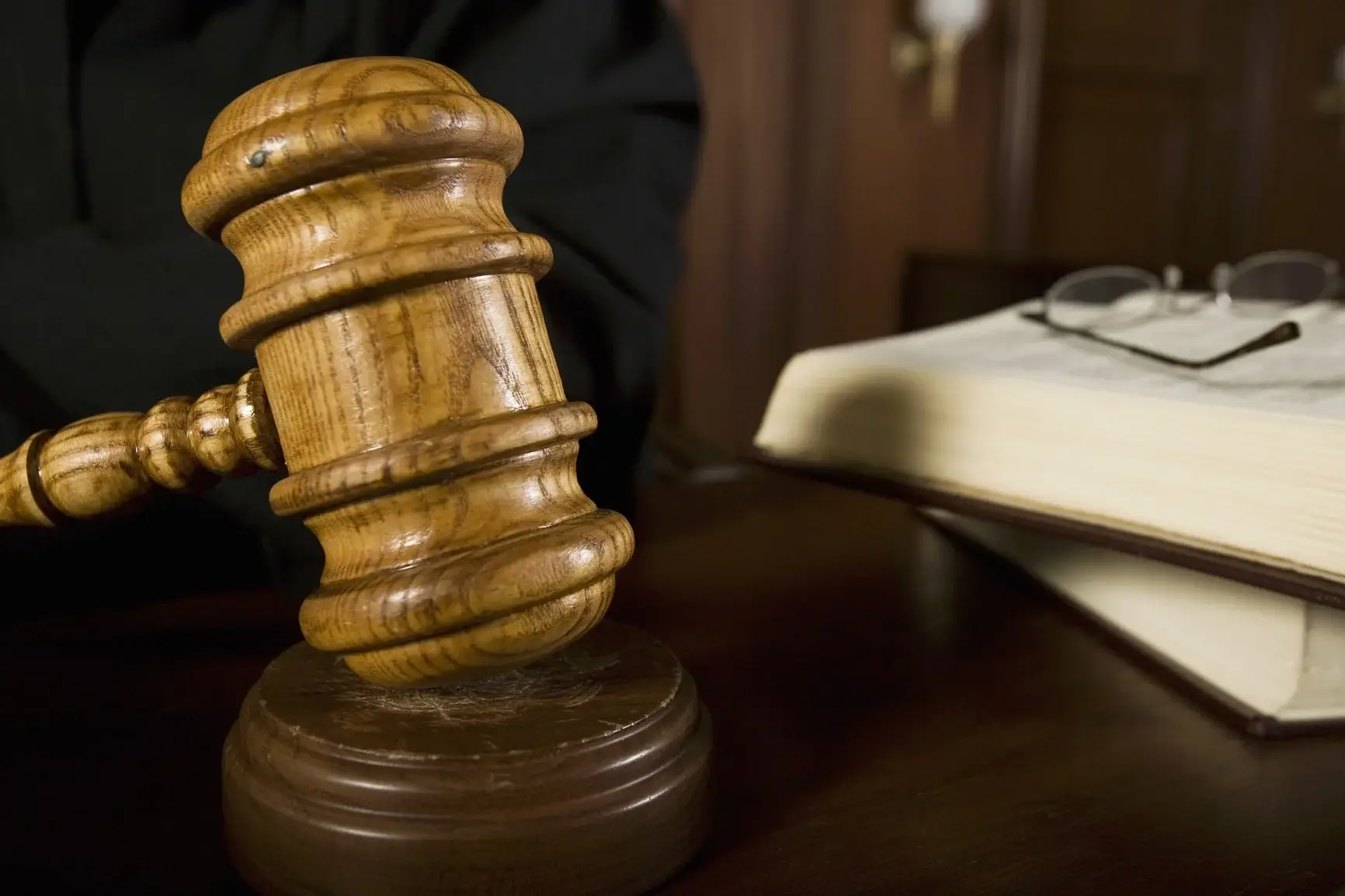
While the condominium association has the authority to adopt and amend rules and regulations, there are limits to this power. Significant changes, especially those affecting the use of units or common elements, typically require a vote of the unit owners. The specific voting requirements are outlined in the association’s governing documents and the Florida Condominium Act.
What Are The Requirements For Condominium Associations Regarding Financial Transparency?
The Florida Condominium Act mandates that condominium associations maintain accurate financial records and provide annual financial reports to unit owners. These records must be accessible to owners within a specified timeframe. Additionally, associations are required to adopt a budget each year, detailing anticipated revenues and expenses. If you have concerns about the financial transparency of your association, consulting with an attorney can help ensure compliance with these requirements and address any discrepancies.

Find Legal Help
If you have any questions or need assistance with issues related to the Florida Condominium Act, don’t hesitate to reach out to Perez Mayoral, P.A. Our experienced team is here to provide you with the expert guidance and support you need. Attorneys Perez and Mayoral fill in the gap when most “HOA lawyers” represent the HOAs, not the people who live in their homes. Contact our Florida Condominium Act lawyer today to schedule a consultation and learn more about how we can assist you.

A condo community can be deeply disrupted when disputes arise between condo owners and their boards, while also creating tension. Resolving these issues effectively is critical for maintaining a harmonious living environment and protecting your rights as a condo owner. Florida’s laws provide guidance on how to address these matters. Working with a Florida condominium act lawyer can help you understand your options and manage the process.
Review Governing Documents First
The first step in resolving any dispute is to carefully review the condominium association’s governing documents. These include the declaration of condominium, bylaws, and any rules or regulations adopted by the board. These documents outline the responsibilities of both owners and the board, providing the framework for addressing disagreements.

Communicate Directly And Early
Engaging in direct communication with the board or its representatives can often prevent disputes from escalating. Present your concerns respectfully and provide supporting evidence to back your claims. Sometimes, a simple discussion is enough to clarify misunderstandings or resolve minor issues.
Seek Mediation As An Option
Mediation can be a useful alternative to lengthy and costly legal battles. This process involves a neutral third party who facilitates a discussion between you and the board to find common ground. A Florida condominium act lawyer can help you prepare for mediation and represent your interests during the process.
Document All Communications
Maintaining a record of all communications with the board is important for clarity and accountability. Keep copies of letters, emails, meeting minutes, and any notices exchanged. These records can serve as evidence if the dispute progresses to formal proceedings.

Understand Your Rights And Obligations
While condo owners in Florida do have specific rights under the law, they also have obligations to the association. Knowing these rights and obligations can prevent unnecessary disputes and provide a solid foundation for resolving conflicts.
Request A Formal Hearing When Necessary
If informal communication and mediation don’t resolve the issue, you may need to request a formal hearing with the condo board. This allows you to present your case in an official setting, ensuring your voice is heard and your concerns are addressed.

Pursue Legal Action As A Last Resort
When all other avenues have been exhausted, legal action may be the final option. This step should be taken with careful consideration, as it can be time-consuming and costly. Consulting with a legal professional can help you evaluate the strength of your case and determine whether litigation is appropriate.
Finding Effective Solutions To Condo Board Disputes
Although handling a dispute with a condo board can be incredibly stressful, it doesn’t always have to result in ongoing conflict. By following these steps, you can address concerns in a way that fosters resolution while protecting your interests. If you are facing a challenging situation, our team is here to help. Speak with a Florida condominium act lawyer to learn how you can take effective action. Attorneys like those at Perez Mayoral, P.A. can provide valuable guidance to help you move forward. Our firm was established by two experienced South Florida attorneys who are standing by to assist you. Contact our team for a consultation, we offer 24/7 live call answering.

Use Of Units And Common Elements Under The Florida Condominium Act
At Perez Mayoral, P.A., our Florida Condominium Act lawyer often hears questions about how unit owners can use their units and common elements under the Florida Condominium Act. Understanding these rules is vital to fostering a harmonious community while respecting everyone’s rights. Unfortunately, no matter what type of house you live in–a single-family, a townhouse, or a condo–disputes and issues can arise. We have offices in locations all around Florida, so don’t hesitate to get in touch with us. Below, we’ve answered some frequently asked questions that may come up when living in or managing a condominium.
Can I Rent Out My Condominium Unit?
Yes, but it depends on your condominium’s governing documents. The Florida Condominium Act allows associations to impose reasonable restrictions on rentals. These may include minimum lease terms, a cap on the number of units rented simultaneously, or a requirement for association approval. It’s important to review your condominium declaration and rules before offering your unit for rent.
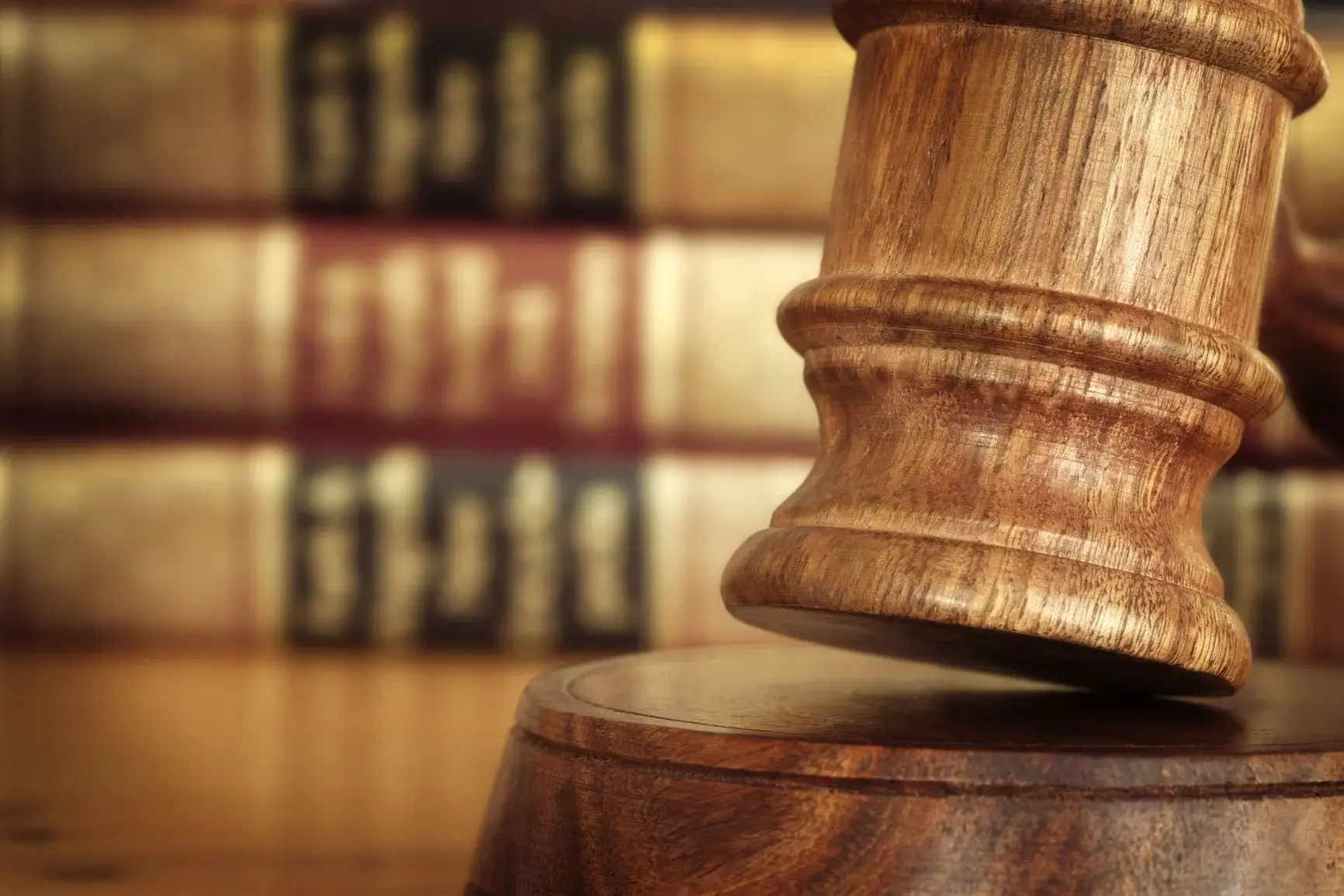
Are There Restrictions On Making Changes To My Unit?
As our Florida Condominium Act lawyer knows, the law permits owners to make improvements inside their units, but there are limits. For example, modifications that affect the building’s structural integrity, electrical systems, or shared utilities may be prohibited without prior approval from the association. Always check with the board before starting renovations to avoid potential violations or disputes.
Can I Use Common Elements, Like The Pool Or Gym, For Private Events?
Common elements are shared spaces for the benefit of all residents, and their use is typically governed by the condominium’s rules. Private events may be allowed, but there are often specific requirements, such as obtaining prior approval, paying a security deposit, or adhering to capacity limits. These rules aim to maintain accessibility and fairness for all owners.
What Happens If Someone Damages A Common Element?
If a unit owner, their tenant, or a guest causes damage to a common element, the association can charge the responsible party for the cost of repairs. Depending on the association’s policies, this amount may be added to the owner’s monthly assessment or handled as a separate charge. It’s a good idea to review your condominium documents to understand the process.
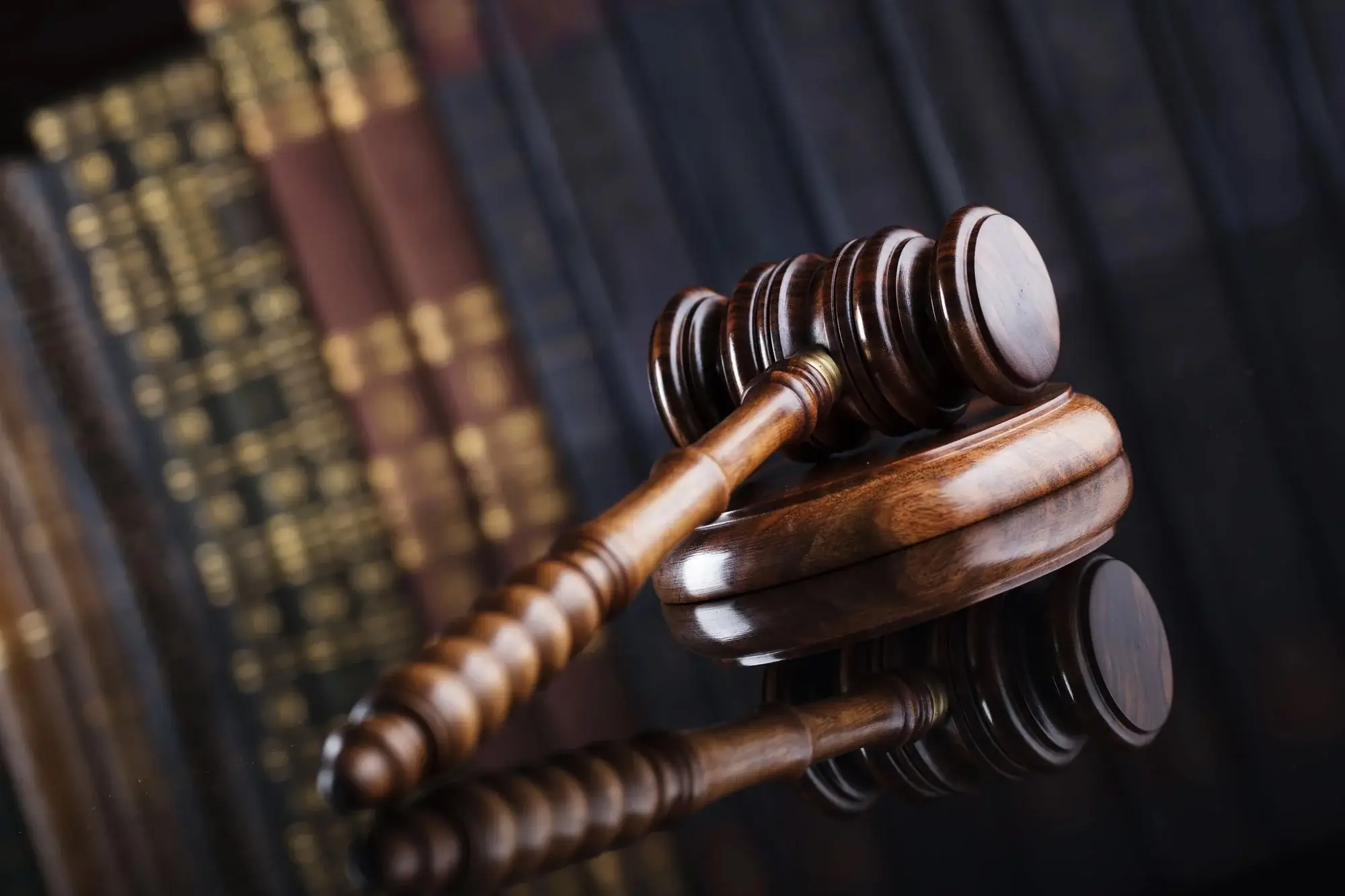
Are There Restrictions On Pets In My Unit Or The Common Areas?
Many condominiums impose rules about the number, size, or type of pets allowed, as well as regulations regarding where pets can go within common areas. These restrictions are often outlined in the condominium’s governing documents. Service animals and emotional support animals may be exceptions, but they must comply with federal and state laws.
Learn More About Your Rights
Living in a condominium offers a unique blend of personal ownership and shared spaces, but it’s essential to respect the rules that ensure a positive environment for everyone. At Perez Mayoral, P.A., we help our clients address legal concerns related to condominium law and living and ownership under Florida law. If you have questions about your rights or obligations, contact us today to schedule a consultation. We offer 24/7 live call answering. Let our Florida Condominium Act lawyer help you resolve any issues with confidence and clarity.

Balconies and outdoor spaces are valuable features of condo living, but they often come with rules set by the condominium association, as our Florida condominium act lawyer can tell you. These regulations are designed to maintain the appearance, safety, and value of the property, but they can sometimes feel restrictive or unclear. Our firm was created by two South Florida attorneys who take the time to give their clients outstanding results. Call us today.
Can A Condo Association Restrict What I Put On My Balcony?
Yes, most condo associations have rules about what you can place on your balcony and your HOA will ensure the rules are clear. Common restrictions include prohibiting large furniture, plants, grills, and decorations that are visible from the outside. These rules are typically outlined in the condominium’s governing documents, such as the bylaws or community guidelines. The goal is often to maintain a consistent appearance and avoid potential safety hazards. If you believe the rules are being unfairly enforced or are not clearly defined, you may have grounds to challenge them.
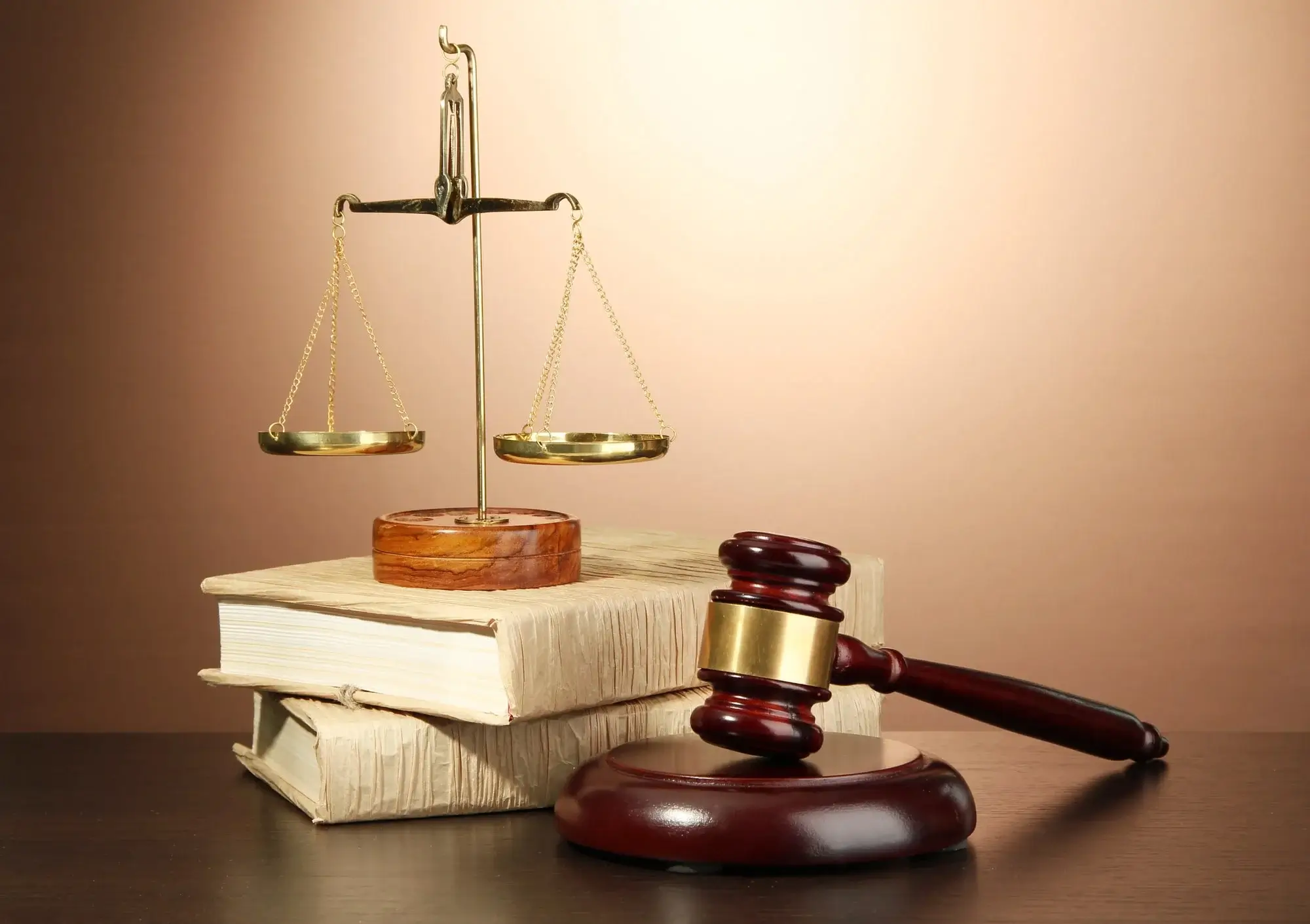
Can I Install A Privacy Screen Or Shade On My Balcony?
As our Florida condominium act lawyer can tell you, condo associations often regulate the types of privacy screens, shades, or coverings that can be used on balconies. The association may have rules about the color, material, and design to maintain a uniform appearance across the building. Some associations may require prior approval before installing any type of covering. If you’re unsure about the rules or have been denied approval without a valid reason, it may be worth reviewing the association’s bylaws with legal guidance.
Am I Allowed To Hang Plants Or Lights On My Balcony?
Whether you can hang plants, lights, or other decorations on your balcony depends on the association’s regulations. Many condo boards allow hanging items as long as they are secure and do not pose a safety risk. However, some associations restrict the use of lights to specific types or prohibit them altogether to prevent damage or disturbance to other residents. If you receive a violation notice for hanging plants or lights, reviewing the condo rules can help clarify whether the board’s action is justified.

Can A Condo Association Prevent Me From Using My Balcony?
In certain situations, a condo association may temporarily restrict access to balconies, such as during building maintenance or safety inspections. However, a permanent restriction on balcony use without a valid reason may be a violation of your property rights. If your condo board attempts to block balcony access indefinitely or without proper explanation, you may have legal grounds to challenge the decision.
What Can I Do If My Condo Association Falsely Accuses Me Of Violating Balcony Rules?
If your condo association accuses you of breaking balcony rules and you believe the accusation is unfounded, you have the right to challenge it. Start by reviewing the governing documents to confirm whether the rule exists and whether the board’s interpretation is correct. Respond to the violation notice in writing and provide any supporting evidence that backs your position. If the board refuses to correct the issue, working with a lawyer can help protect your rights and push back against unfair penalties.
Condo balcony and outdoor space regulations can affect how you enjoy your property, but you don’t have to handle disputes alone. At Perez Mayoral, P.A., we have experience helping condo owners resolve conflicts with their association and protect their property rights. We have 4.8 stars on Google Reviews because we take the time to care for each of our clients. We believe it is paramount to advocate for our clients. Contact our Florida condominium act lawyer today to discuss your situation and find out how we can help.

"*" indicates required fields
Perez Mayoral, P.A. combines the powerful and diversified services of a large law firm with the personal attention of a boutique practice. Get in touch with us for a consultation? Whatever your legal problem, we will be happy to discuss your options and provide you with the professional help you need.
